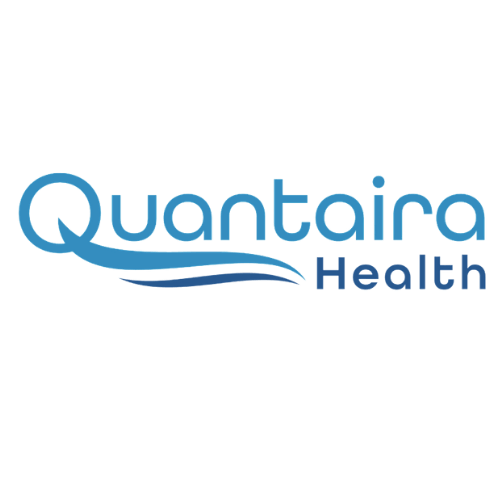Covid 19 has stressed the medical system in immeasurable ways – from the challenging science and epidemiology of the disease to racing for vaccines and other therapies, to having enough personal protective equipment for all essential workers, to the challenge of effectively communicating simple public health measures of masks and social distance, to the mental health challenges of anxiety and isolation and now the challenge of getting to herd immunity through vaccination as quickly as possible.
But the biggest challenge and impact has been on the healthcare workers, particularly in the ICU. The relentlessness of care for very sick individuals, with death and despair surrounding you can be soul-destroying. Spikes of Covid19 in hospitals magnify the issues already occurring: insufficient staffing, long hours, a sense of hopelessness and isolation, and often, underappreciation. As the article from the NIH mentions, added stress comes from pressures regarding procedures that must be followed: constant awareness and vigilance regarding infection control procedures; the physical strain of protective equipment (dehydration, heat, and exhaustion); and physical isolation (cannot touch others). But Covid19 has added one more twist, that harkens back to the early days of the AIDS epidemic: a fear of being infected by your patients.
Taken together, these issues can have a huge toll on ICU staff leading to increased rates of burnout, turnover, and worst of all, suicide. Hospital systems are now understanding the importance of teaching and stressing resilience. First, personal resilience – individuals caring for themselves and each other. Second, organizational resilience – first and foremost, through workplace empowerment; particularly having a voice in decision making in the workplace. So a voice in care decisions and work practices can be extremely motivating to staff. Third would be proper safety measures which are especially important during Covid19 and include adequate PPE. The last step I think of as resilience through the use of smart technology – allowing the work of staff to be streamlined by smarter tools. At Quantaira, we hold the belief that the integration of many of the data sources in the ICU allows for less gowning, less isolation, more efficiency, easier communication between staff in the ICU and those working remotely, and less unnecessary exposure for patients and staff. Hopefully, these gains provided by our technology will allow other personal and organizational resiliency measures to be more effective and ultimately we will see less ICU staff burnout.
